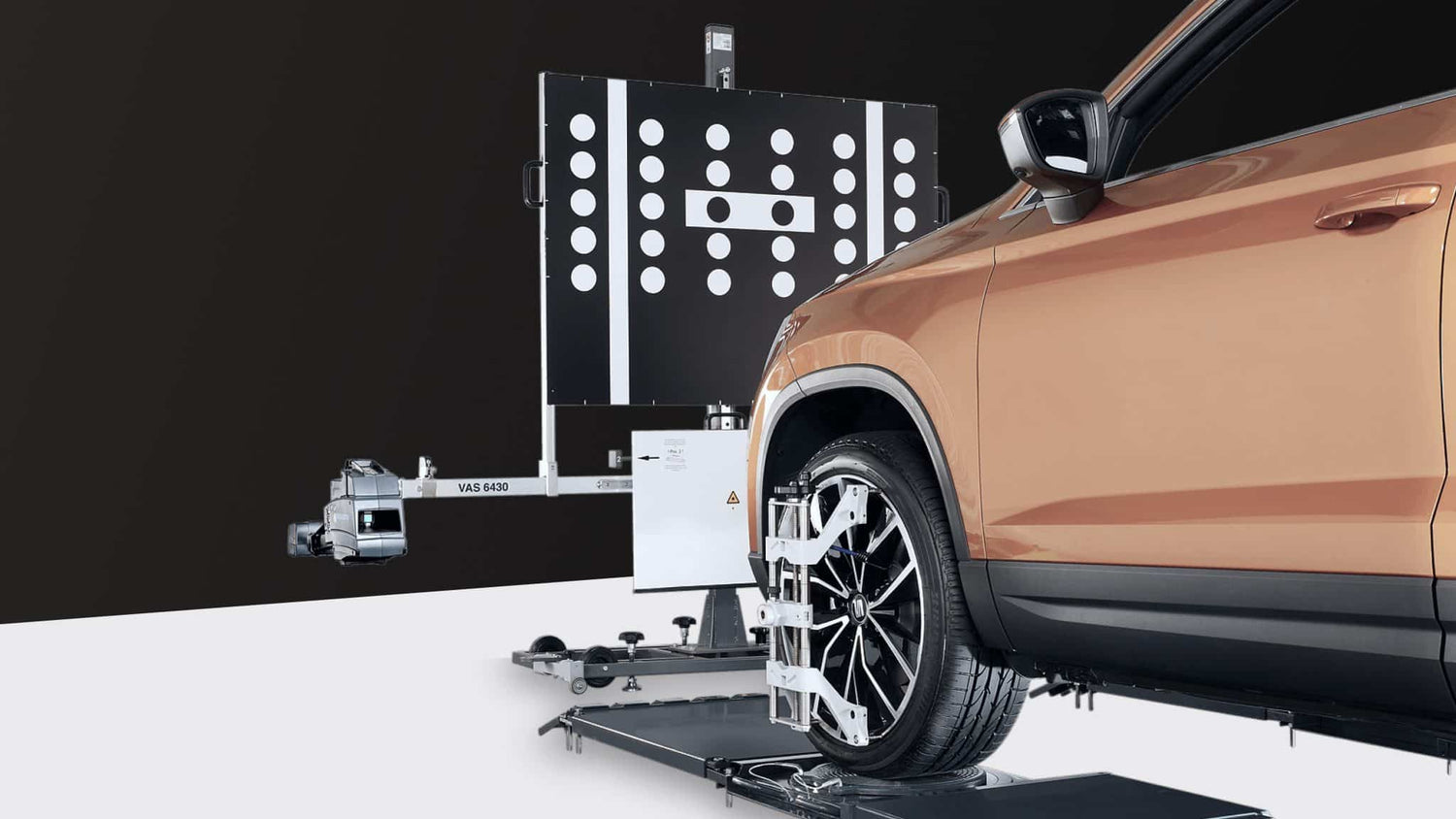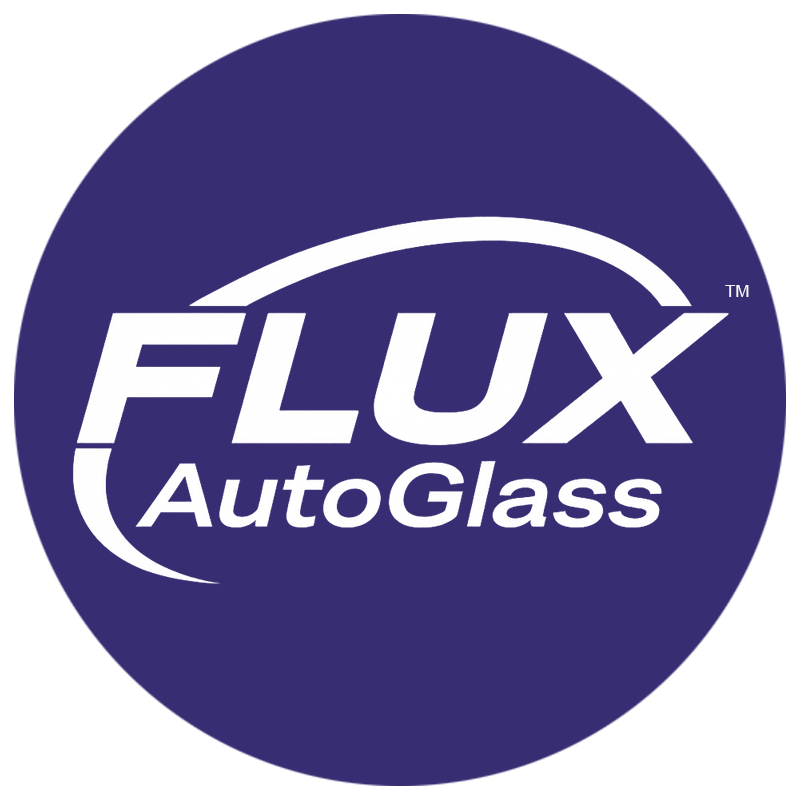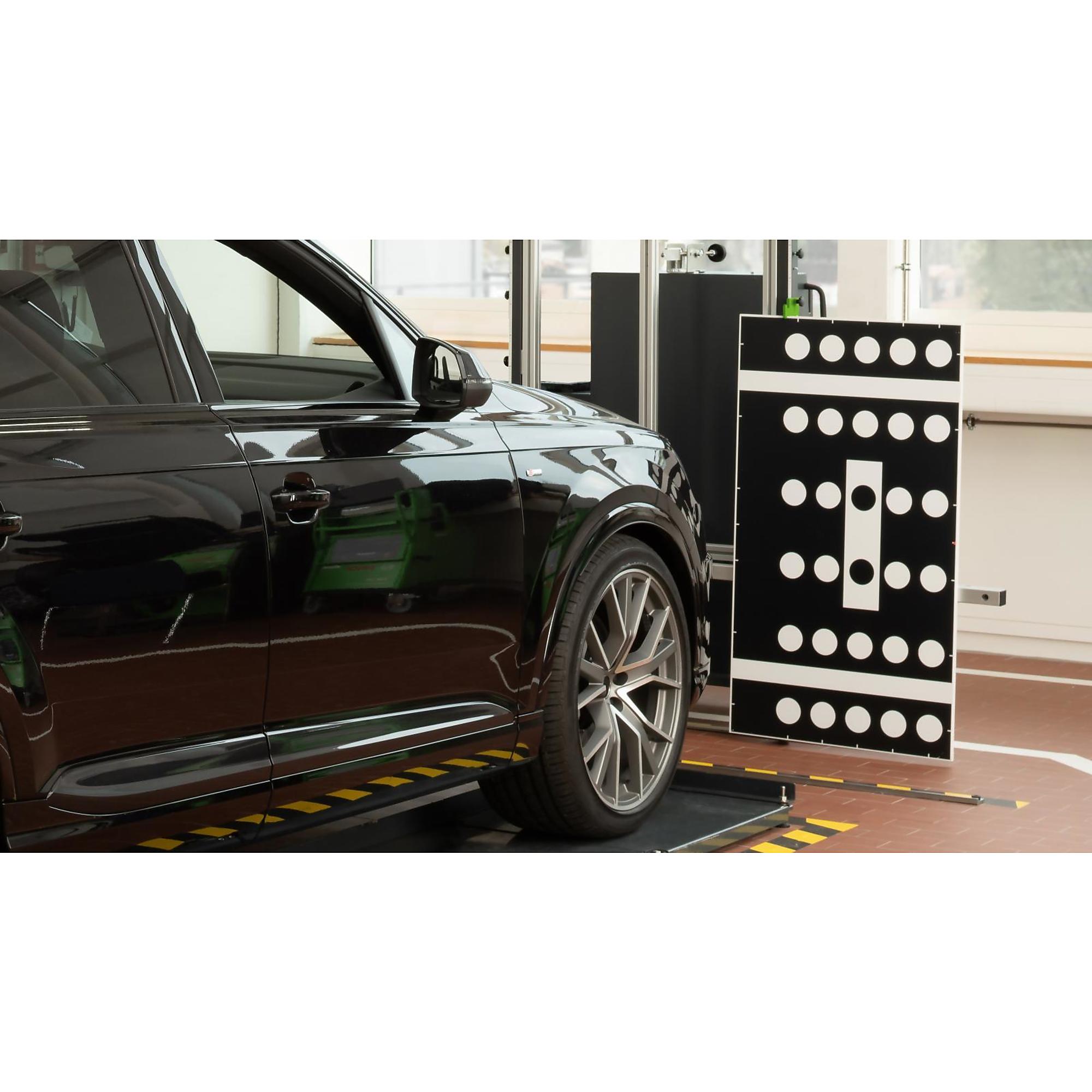When You Replace the Glass, the Safety Cameras Must Be Re-Aligned
Modern vehicles rely on Advanced Driver-Assistance Systems (ADAS)—forward cameras, radars and blind-spot sensors—to power lane-keep, adaptive cruise, and emergency braking. Even a one-millimeter shift during windshield replacement can knock these sensors off target. Our mobile teams follow Auto Glass Safety Council (AGSC) guidelines to recalibrate every sensor on-site, restoring factory accuracy without a second dealership visit.
Key Benefits

Our 4-Step Calibration Process
Pre-scan – Record fault codes and sensor status.
Target setup & alignment check – Digital lasers ensure perfect distance and angle.
Static / dynamic calibration – OEM software realigns cameras and radars.
Post-scan & road test – Verify every safety feature fires exactly as designed.
Insurance note
Most Arizona comprehensive policies include ADAS recalibration when you replace the windshield—ask us to check your coverage in one quick call.
FAQs
Any vehicle with lane-departure, auto-brake, or adaptive cruise typically requires it after glass removal. We confirm by VIN before we start.
Static uses target boards in a shop-style setup; dynamic involves a road drive at specific speeds. Many cars need both.
Most calibrations finish in 30–45 minutes right after installation.
If your windshield replacement is covered, calibration is usually covered as part of that claim. We verify during a short call.

